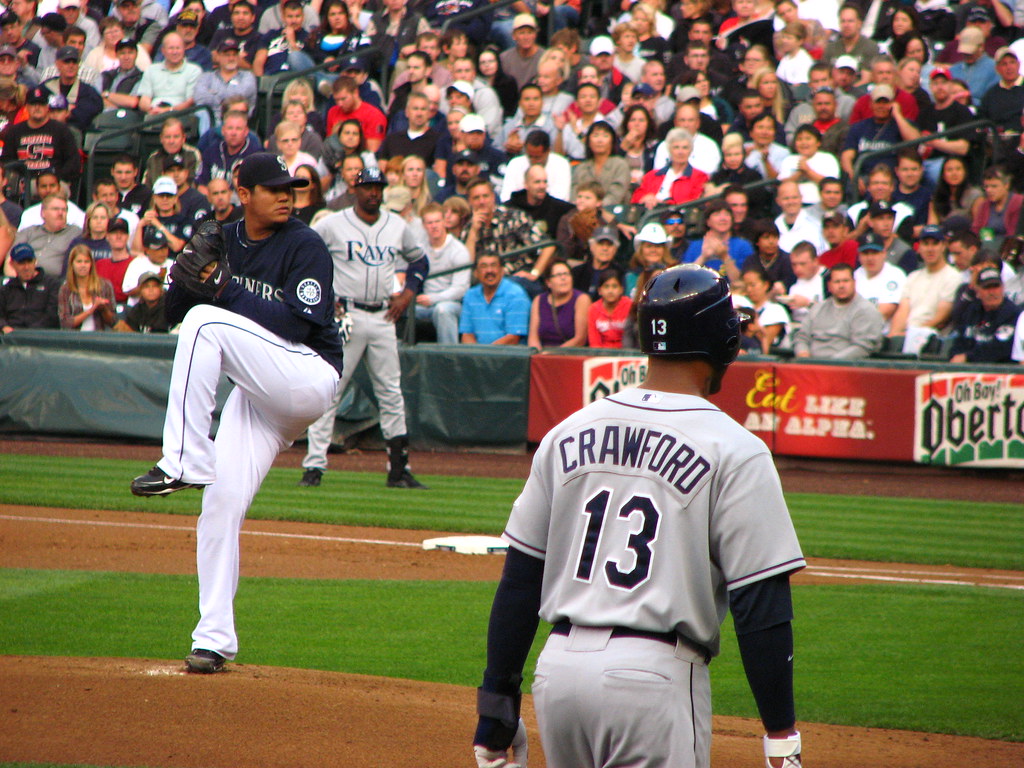I found and interesting article on this topic from Samford University (April 2022). This person was a Senior Marketing and Finance student with concentrations in Data Analytics and Sports Marketing. He wanted to understand the correlation between MLB winning % and the game's stats.
Key Points:
> Run Differential is the most correlated stat for winning % in MLB. No shocker here. You score more than you allow --> You win more.
> Various pitching stats (ERA, WHIP, FIP, etc...) are more leveraging than offensive stats for a team to be a winner. The "so what" of this point is that, stopping runs is more indicative of a winning team than scoring runs.

 www.samford.edu
www.samford.edu
So, long-term, as a general rule to consider....
If you are picking a team to win, they should have a higher run differential than their opponent. If the run differential is close between them, then see which team allows the fewest runs.
Obviously, this is just a general rule of thumb but it may help your selection process.
Key Points:
> Run Differential is the most correlated stat for winning % in MLB. No shocker here. You score more than you allow --> You win more.
> Various pitching stats (ERA, WHIP, FIP, etc...) are more leveraging than offensive stats for a team to be a winner. The "so what" of this point is that, stopping runs is more indicative of a winning team than scoring runs.

MLB Winning Percentage Breakdown: Which Statistics Help Teams Win More Games?
Bill James is a world-famous American baseball writer and statistician who is known for his analytical contributions to the game of baseball. One of his largest contributions was the Pythagorean Theorem of Baseball.
So, long-term, as a general rule to consider....
If you are picking a team to win, they should have a higher run differential than their opponent. If the run differential is close between them, then see which team allows the fewest runs.
Obviously, this is just a general rule of thumb but it may help your selection process.
